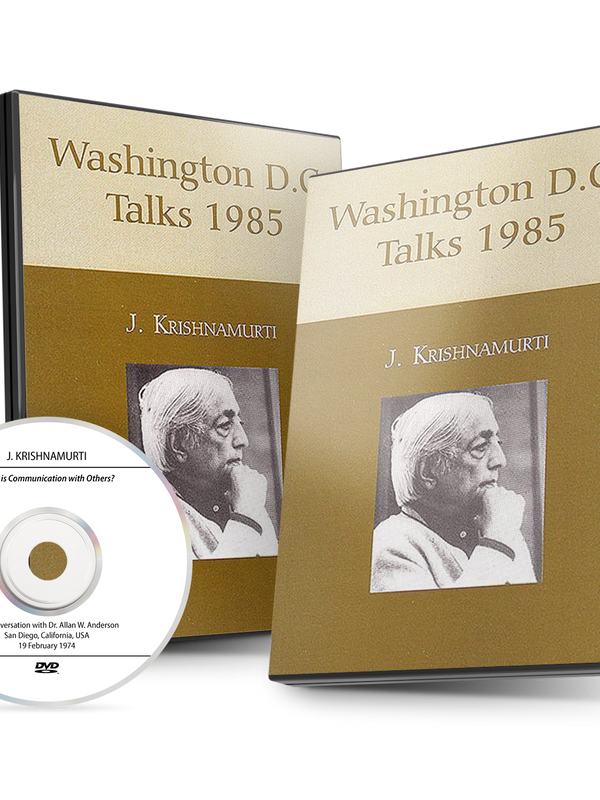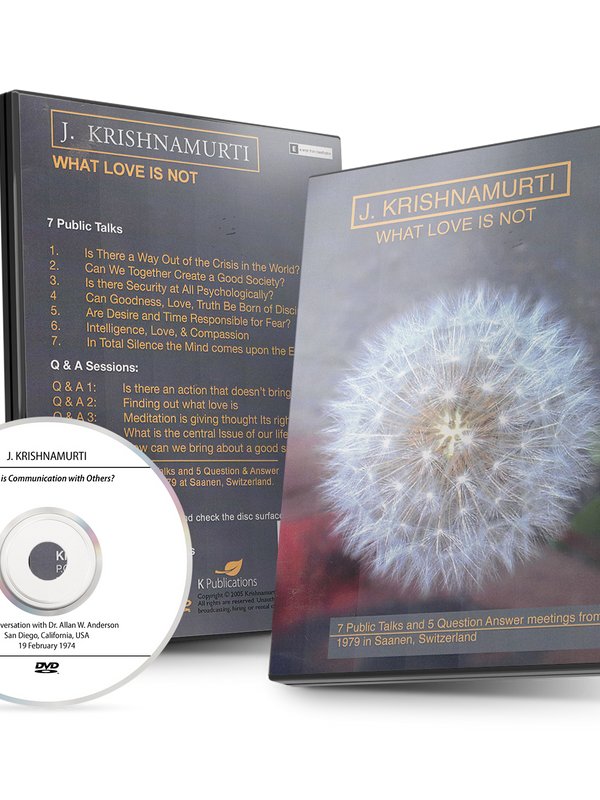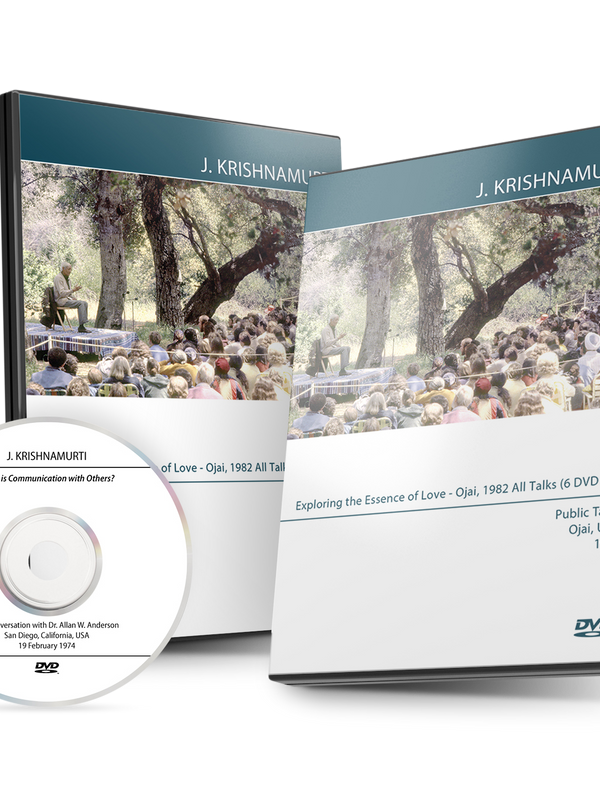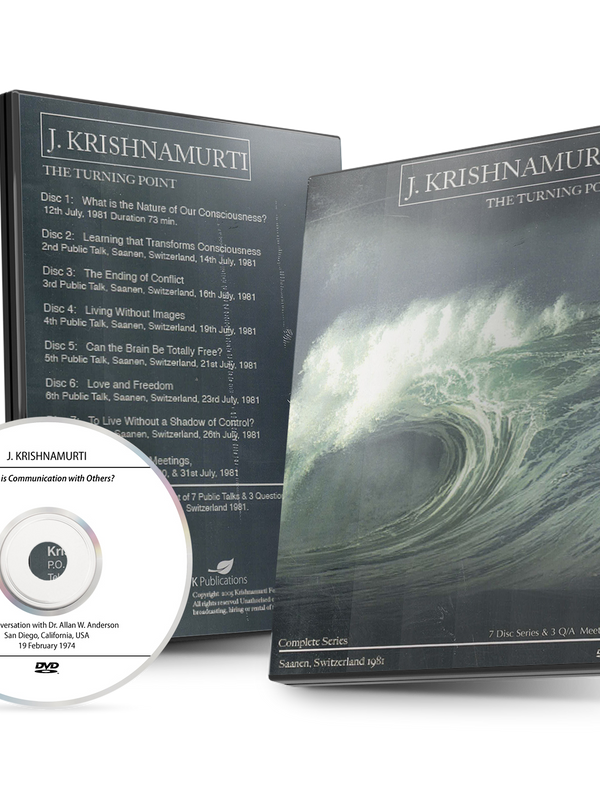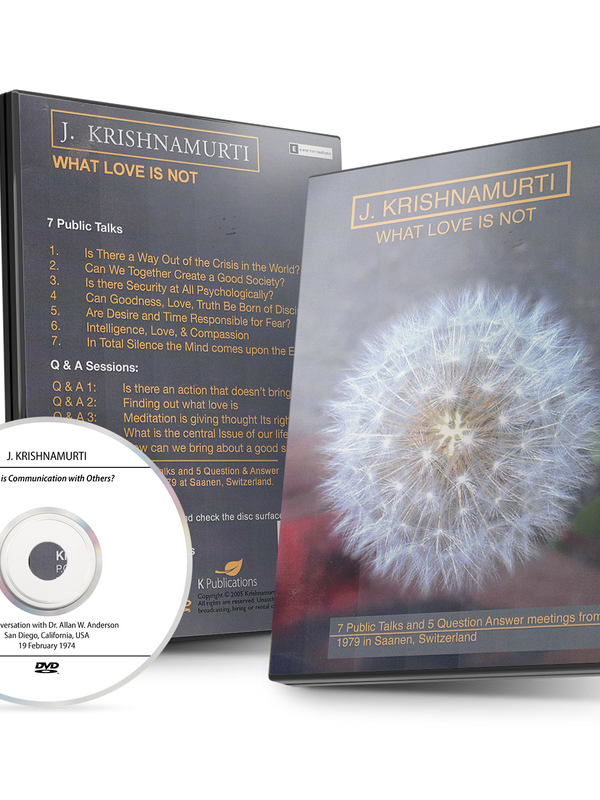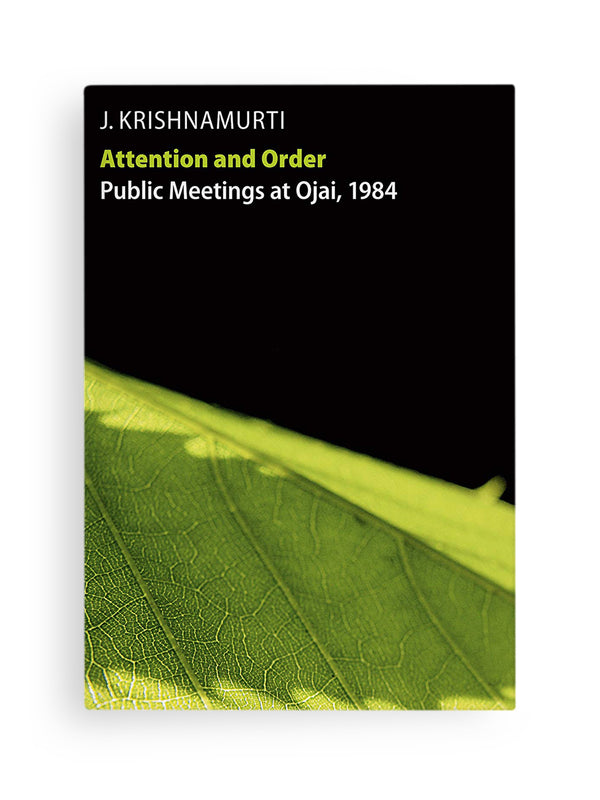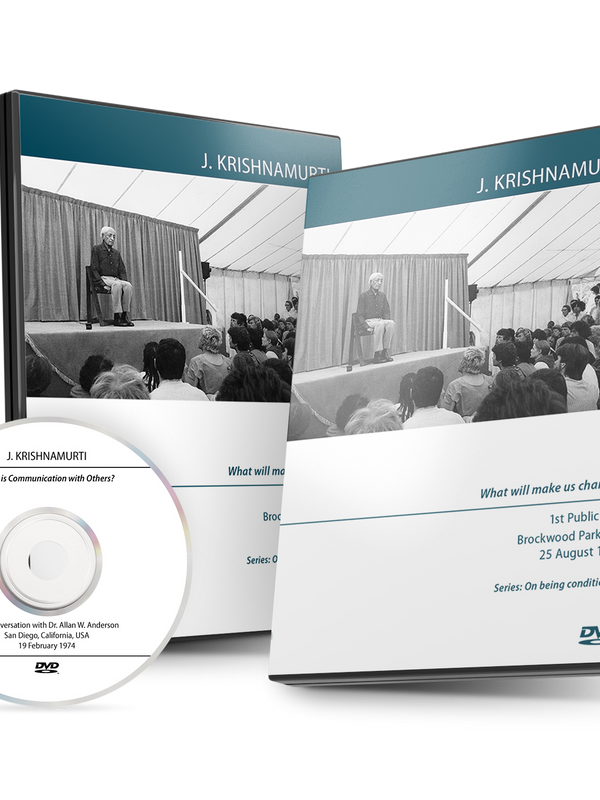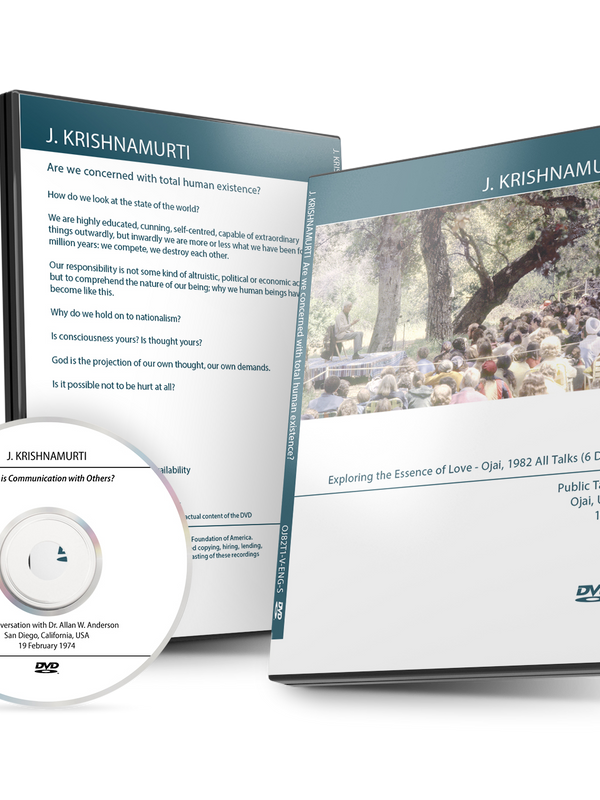
This is the third volume of the series titled “Selections from the Decades”, and consist of twenty-three public talks that Krishnamurti gave between 1961 and 1968. Krishnamurti points out that the present crisis is not just what we perceive outwardly in society; it lies in the unconscious, deep within oneself. The third volume in the series titled 'Selections from the Decades', this book consists of twenty-three public talks that Krishnamurti gave between 1961 and 1968. Whereas in the 1950s, Krishnamurti dwelt largely on individual change, his focus here is on a radical mutation in human consciousness as a whole. Addressing large international audiences in different parts of the world, Krishnamurti points out that the present crisis is not just what we perceive outwardly in society; it really lies in the unconscious, deep within oneself. So what is required is not more knowledge or more collective action, but a totally new mind. And that is needed, says Krishnamurti, 'to deal not only with the everlasting but also with the immediate problems of existence'. It is important to see the urgency of having such a mind now and not wait for time to bring it about.
Publisher: Krishnamurti Foundation India
Current publication: 2018
Jiddu Krishnamurti lived from 1895 to 1986, and is regarded as one of the greatest philosophical and spiritual figures of the twentieth century. Krishnamurti claimed no allegiance to any caste, nationality or religion and was bound by no tradition. His purpose was to set humankind unconditionally free from the destructive limitations of conditioned mind. For nearly sixty years he traveled the world and spoke spontaneously to large audiences until the end of his life in 1986 at the age of ninety. He had no permanent home, but when not traveling, he often stayed in Ojai, California, Brockwood Park, England, and in Chennai, India. In his talks, he pointed out to people the need to transform themselves through self knowledge, by being aware of the subtleties of their thoughts and feelings in daily life, and how this movement can be observed through the mirror of relationship.

